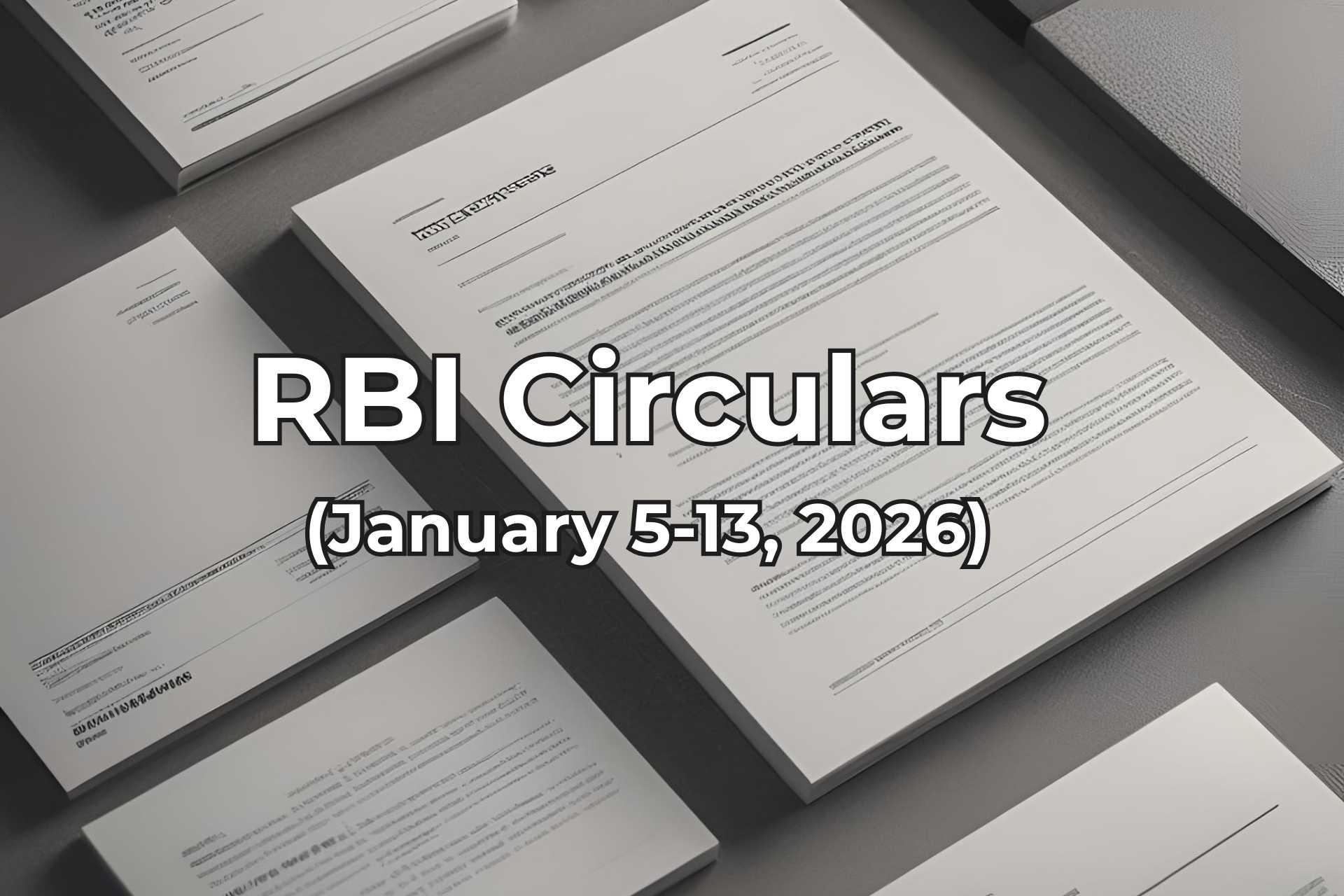We at Finakon track the regulatory changes. We also use AI to create a summary. We are providing a quick overview of the RBI circulars on a weekly basis on our website. The summary is neither exhaustive nor comprehensive. For accurate information, users shall refer to the original circular of the regulator. Finakon shall not be responsible for inferences drawn based on the summary provided.
1. RBI Gives Green Light to CareEdge Global IFSC Ratings
In a move that strengthens India’s financial ecosystem, the Reserve Bank of India (RBI) has added CareEdge Global IFSC Limited to its list of recognised External Credit Assessment Institutions (ECAIs). This means banks can now rely on CareEdge’s ratings when assessing credit risks for non-resident corporates operating within International Financial Services Centres (IFSCs).
Until now, only major global rating agencies, such as Fitch, Moody’s, and S&P, had held this status. Including CareEdge gives banks another credible option—one that understands the Indian context better while maintaining international standards.
Why this matters:
- Banks have more tools to evaluate credit risk
- Encourages the growth of home-grown rating agencies
- Aligns Indian practices more closely with global norms
Rating | Risk Weight (%) |
AAA | 20% |
AA | 30% |
A | 50% |
BBB | 100% |
| BB & below | 150% |
This move is a win for financial flexibility and gives a big boost to India’s ambition of becoming a global financial hub.
Read the circular here
2. RBI Opens Door for Temporary Export of Vessels
In a much-welcome update for the maritime sector, the RBI has allowed certain types of vessels—such as tugboats, dredgers, and offshore support vessels—to be temporarily exported, provided they’re brought back to India.
This amendment to the Foreign Exchange Management (Export of Goods & Services) Regulations provides businesses in the offshore and marine space with greater operational flexibility. It means Indian companies can now take on short-term projects abroad without getting tangled in regulatory knots.
Key Benefits:
- More freedom to engage in international contracts
- Better use of high-value maritime assets
- Boost to India’s competitiveness in offshore operations
Read the circular here





